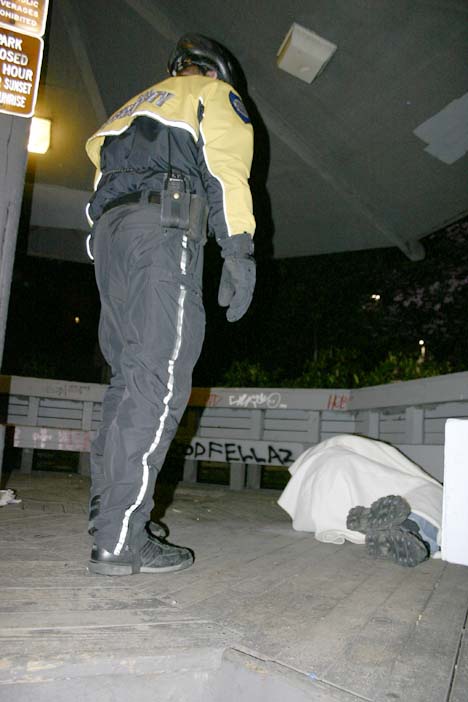By Morf Morford
Tacoma Daily Index
Almost one in five people in Tacoma lives at or below the poverty line.
One in five of us lives in a world that seems abstract and distant to the rest of us.
“Food insecurity,” “eviction,” “long-term unemployment,” even “homelessness” are all terms we use, if we use them at all, as clinical and conceptual social science jargon.
People in poverty also rarely use those words, but they are constantly in the background – if not front and center – as they struggle against an unwavering current of necessities and obligations.
For many of us, long-term vacations, trips to Europe, quality education for our children, solid, safe and reliable housing, nourishing food and a current passport are all givens.
But for at least one fifth of us, many, if not all of these are themselves unreachable abstractions and fantasies.
Very few of my adult students have – or ever have had – a current passport. They don’t travel, (at least out of the country) they don’t read and they don’t vote. They float on the margins of where most of us live and work.
And most of us don’t notice. Or care. And when we do notice, we don’t like what we see. Many of us notice ever-increasing clusters of homeless camps with their shelters, tents and clutter. I’m guessing that none of us like these accumulating conglomerations of rags and filth. Those within them probably hate them even more than we do. “Clearing the camps” is no solution. They just move somewhere even more precarious, invasive and destructive.
One obvious question is; who are these people and where did they come from? Another painfully obvious question is; what do these people really need?
Many have mental health or addiction issues; far more have been evicted or dislocated. Most of the young ones have escaped abusive home situations.
About 80% of the homeless in Pierce County were residents of Pierce County before they became homeless. That means that eight of ten of the homeless were – and perhaps still are – our neighbors.
Not too long ago, most of the homeless who fill our vacant spaces and whose lives spill out on our sidewalks, went to our schools, worked in our stores and fast food places and lived in our neighborhoods.
And they probably will again.
Homelessness is temporary for most.
I have had many students who have been homeless. Many were veterans, some maintained jobs, some were parents, and several were students – even with the challenges of being homeless.
Poverty is a challenge for all of us – whether it impacts us directly or not.
Homelessness, my students tell me, is an experience never forgotten.
Being homeless is very different from what I might call established poverty or living in a low-income neighborhood.
Poor areas are usually out of sight. Poor parts of our city, and poor parts of our nation, if not the world, are almost always tucked away in some distant corner, and we need to make a special trip to get there – which, of course we rarely will. Unless we are social workers or with the police.
Our lack of encounter with people in poverty causes most of us to believe two of the biggest falsehoods of human history; there are very few really poor people in the world, and the few that exist are unnecessary, and expendable – if not threatening.
They fill our prisons and cost us money.
We’d prefer to think of them as not even human. That is how we portray them in our media, in our conversations and in our jokes.
But they do exist, and they do matter. And they do essential work. And if you think about it, they are the ultimate entrepreneurs. They have been living the gig economy for millennia.
Many people we now recognize as celebrities or creative geniuses were poor or homeless. Jim Carrey, Hilary Swank, Jewel and Halle Barry were all homeless. Dolly Parton, Tom Cruise, Oprah Winfrey, Celine Dion, Stephen King, and even Leonardo DiCaprio, Demi Moore and Suze Orman had bouts of poverty. Charlie Chaplin and Harry Houdini hustled on the streets for food and money.
Each member of the Beatles grew up in a not very nice neighborhood of a much-maligned port city with a terrible reputation. Even Steve Jobs picked up cans and bottles along the side of the road for money when he was in his twenties.
Poverty and homelessness don’t need to be permanent. In fact, I would say that poverty is the greatest motivator.
My homeless students tell me over and over that one thing keeps them going – they never want to be homeless again.
When we see a homeless person, that is not all we are seeing. They haven’t always been homeless. And they probably won’t stay that way for long.
Each one had a life before permanent shelter slipped away from them.
The homeless don’t need another program. They just need a way out.









